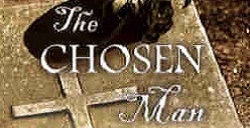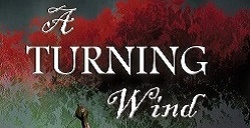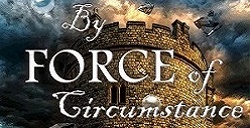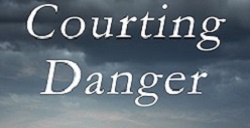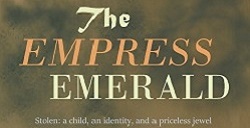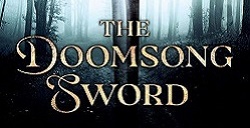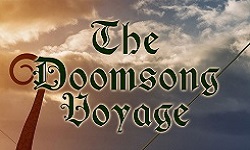

From Local Resistance
Chapter 3
Bob Robbins let the old police Ford Prefect chug up the steep hill. The wife hadn’t reported the fisherman missing for three days – another half hour wouldn’t make much difference. The lanky lad sitting beside him in a brand new constable’s uniform stared out of the grimy windscreen, long artist’s hands round his new helmet. There was nothing to look at, only high-banked hedges, the occasional five-barred gate. The boy was nervous. Bob couldn’t see why – all they had to do was talk to the wife. In principle, it was only a matter of verifying the date and time the fisherman had last been seen. If it wasn’t a straight-forward “lost at sea” he’d have to ask about bank details or post-office account, go over prior events and poke around a bit, but there wasn’t much they could do unless something surprising emerged. The local area would have to be combed, but if he’d gone in the sea, which was most likely, the body would wash up sooner or later.
Bob drove on for another winding mile then, to break the silence, tapped the boy’s arm. “Cheer up – may never happen.” The boy gave him a dour look. Bob sighed, “Go on; tell me it already has.”
“What I can’t understand is how – with the whole world at war, people dying in battles and air raids everywhere – someone could go missing in a village like Porthferris.”
Bob Robbins couldn’t see the connection between the “whole world” and Porthferris, with its tiny harbour and seaside beach, but suspected the former was much on the boy’s mind. “He’s a fisherman, lad. Like as not he went overboard.”
Arriving at the junction on the brow of the hill, Bob halted the car and looked at a felled tree lying at the side of the road. “Oh, now that’ll make an excellent road block. Keep Jerry out of Cready and getting onto the main road for Plymouth very nicely.”
“The Home Guard has been busy. That’s a big tree,” PC Oliver replied, failing to pick up the irony in Bob Robbins’s voice.
The aging detective sergeant sniffed and ran a hand through his bristly white hair. Looking left then right, he said, “Well, they’ve succeeded in confusing me by taking the road sign up, I’ll give ’em that. Which way do you think?”
“It doesn’t make much difference. If you go left, we pass the old school house, the church hall, the vicarage and St Chad’s, then the lane goes down past the cottage. I think the Hawkinses must live in the little place before the hotel – going down. If we miss it, we can go all the way down and come back up past the quay and the turning for what they call Inner Harbour, through the shopping street and back up Porth Hill – which is that road over there.” He pointed slightly to his right. “Either way, both roads go down to the harbour and the beach and loop up round, back to this crossroads. That road there,” he turned in his seat and indicated over Bob’s shoulder, “is another way back to Cready, past a garage.”
“Know your way around here, then?”
“My parents have friends who used to vacation here. We used to go sailing with them. They kept a dinghy and a small yacht down at Porthferris harbour.”
Bob mentally filed the social background alongside the plummy accent and crashed into first gear. “You can point out local landmarks, then, and give me any titbits of local info.”
“I’ll try. Can’t say I’ve ever spoken to – as in talked to – any of the villagers except the fisherman, Mr Hawkins.”
“The one that’s gone missing?”
“I suppose so.”
“Local people round here are all related one way or another, there’s probably a dozen Hawkinses fishing this coast between here and Looe alone. Still, it’d be handy if you knew him – how do you, by the way?”
“Know him? Not sure I do. But if it’s the man that’s gone missing, it seems a bit odd. Odd that he’s drowned, I mean. He used to help us with our boat. Got us out of trouble in a tricky current near rocks once, when we were youngsters.”
As far as Bob was concerned his new assistant was still a youngster, but he said, “Stan Hawkins – you don’t reckon he’s got himself drowned, then?”
The boy gave a slight shrug. “It’s possible, obviously. But he knows the coast better than – well, anyone we knew. His family’s lived here for centuries..."
Copyright © A.M.Arredondo. All Rights Reserved.
